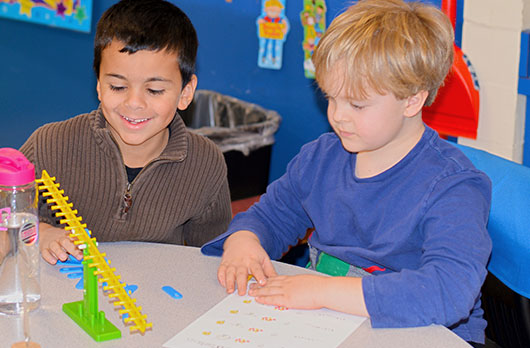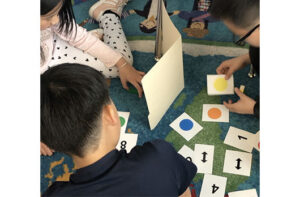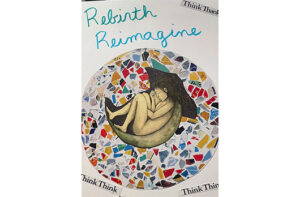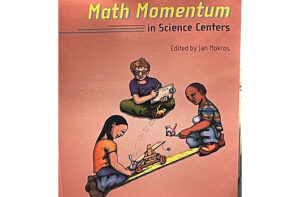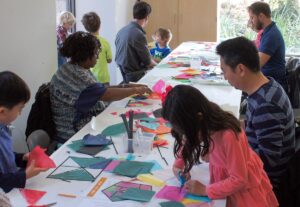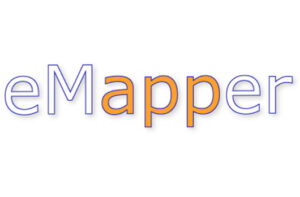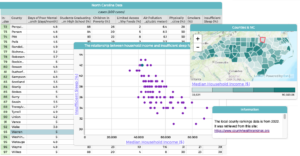Mathematical Thinking and Learning
Ana C. Stephens, Nicole Fonger, Susanne Strachota, Isil Isler, Maria Blanton, Eric Knuth, & Angela Murphy Gardiner
Mathematical Thinking and Learning, 19(3), pp. 143 – 166
Summary
In this article we advance characterizations of and supports for elementary students’ progress in generalizing and representing functional relationships as part of a comprehensive approach to early algebra. Our learning progressions approach to early algebra research involves the coordination of a curricular framework and progression, an instructional sequence, written assessments, and levels of sophistication describing students’ algebraic thinking. After detailing this approach, we focus on what we have learned about the development of students’ abilities to generalize and represent functional relationships in a grades 3–5 early algebra intervention by sharing the levels of responses we observed in students’ written work over time. We found that the sophistication of students’ responses increased over the course of the intervention from recursive patterning to correspondence and in some cases covariation relationships between variables. Students’ responses at times differed by the particular tasks that were posed. We discuss implications for research and practice.


